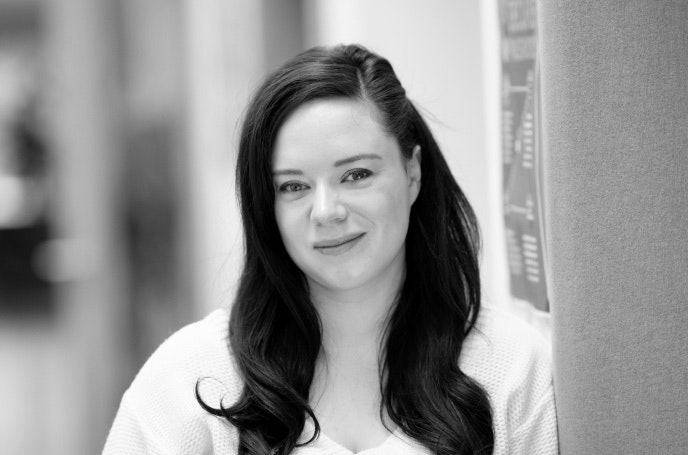Over the lifetime of a company, an approach will be made — sometimes quite obliquely — as to whether you’d like to be acquired.
I’m guessing that this might be at about the seven year mark. Of course, you may have considered it well before then but been concerned about how to go about testing the market without scaring your team, your board, your shareholders.
The moment a sale is contemplated is the most vulnerable moment for the relationship between founders and the other stakeholders. Until that point, there may have been perfect alignment of objectives and no conflicts of interest. Suddenly, the risks are no longer evenly distributed amongst the stakeholders. The decisions seem to be existential in nature to some — and a question of optimisation for others.
The moment a sale is contemplated is the most vulnerable moment for the relationship between founders and the other stakeholders.
Selling out too early?
The story of how and why Mark Zuckerberg turned down Yahoo’s $1bn offer for Facebook is worth re-reading. Zuck had a clear idea of where Facebook was going and knew that Yahoo was undervaluing it. We are, none of us, that certain and to most of us a seven or eight figure number can be life changing — let alone a 10 figure one!
When I first got going in the world of venture capital, I heard multiple times that the problem with European and Israeli entrepreneurs was that they sold out too early. Of course, I could identify with those founders because I myself had sold out too early on more than one occasion. Each time I felt I needed to — for a different reason.
Perhaps I just didn’t have sufficient belief — either in myself or in the company I was building.
Now I sit on the other side of the fence, I can see that a potentially world-beating company selling out too soon is potentially damaging to our funds. After all, world-beating businesses don’t come along that often and VC returns rely critically on the outliers. We also know that it generally takes at least 10 years to build a large, sustainable business which requires determination and stamina — and contrary to uninformed popular opinions about venture capital, we are patient investors.
Making a realistic assessment of the potential for a company under its current leadership is difficult. Emotion and rational analysis are often in conflict.
A potentially world-beating company selling out too soon is potentially damaging to our funds.
You have three options
These are the options which founders should be thinking about:
- We still have big ambitions and are building towards a large sustainable business capable of IPO, independence or significant exit ($500m+) with appropriate resources OR
- We realise that we may not reach point one but can and will build a good sustainable business requiring very little, if any, further investment OR
- We’ve come to the conclusion that we simply won’t be able to build anything meaningful for ourselves or our investors over the coming five years — or don’t have the energy or the will to make it happen.
Unless you are in the first category, then planning for an exit and doing so in a strong position is far preferable to ‘waiting for something to happen’. The campaign can take anything from a year to 18 months — and should do.
Sharing these thoughts with your board/advisors/primary backers is the smart thing to do at this point. Whilst they may be disappointed, they should recognise your mutual interests, understand your motivations and be really helpful in planning and executing a successful outcome.
Sharing these thoughts with your board/advisors/primary backers is the smart thing to do at this point.
If the decision is marginal, then discussing a small secondary sale of say 10–15% of your holding may be the factor that lets you make the decision to keep at it and build that unicorn. Removing any personal financial pressures — like a mortgage — can provide that safety cushion enabling you to defer cashing out and can be just the boost needed to keep building value.
Enlightened VCs are increasingly helping to facilitate small, but meaningful, sales of founders shares in order to allow founders to achieve their company’s true potential.
Making the most of a sale
Having however, decided on a sale, get on with carefully planning for the optimum outcome.
Scope the larger landscape in which you operate — customers, suppliers, partners, competitors and get a sense for who the buyers of your company are likely to be. Assess what the most attractive elements of your business will be to each of the candidates. These may well differ from one buyer to another. One will covet your technology, others your customer base and partnerships, your geographic strength or your deep talent bench. In all circumstances, cultivating relationships with potential buyers is a smart thing to do.
Assess what the most attractive elements of your business will be to each of the candidates.
Whether to use an intermediary is a whole other subject — one which I will leave to others to write. Most advisors will make a strong case for using them and it’s always worth hearing the pitch.
In all circumstances, cultivating relationships with potential buyers is a smart thing to do.
It goes without saying that selling under any kind of pressure should be avoided at all costs. Therefore, planning well in advance is advisable. If you have strategic value to a large buyer, then the price is often determined by an auction amongst two or more buyers — rather than being based purely on metrics. So orchestrating an auction is the thing to do. Not easy and requiring a degree of finesse.
I’ve been involved in a few situations where companies have drifted into a position where their options have narrowed to the point where a sale is the only viable option. In these cases, often called ‘fire sales’ — or sometimes ‘acquihire’ (more on this another time) — the outcome is seldom satisfactory for all stakeholders. So planning ahead is by far the most sensible thing to do.
Selling your business, your baby, is not an easy thing to do but it is often a career-defining, future-proofing, freedom-giving thing to do.



